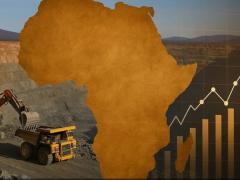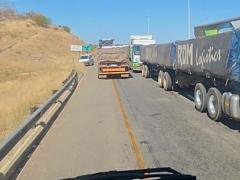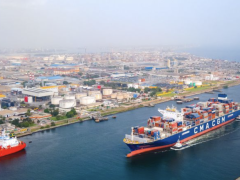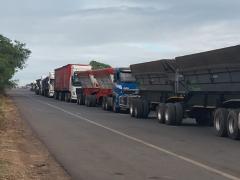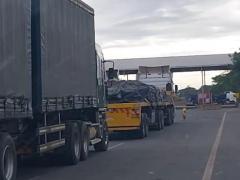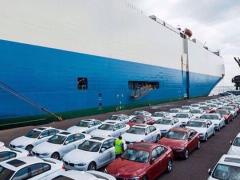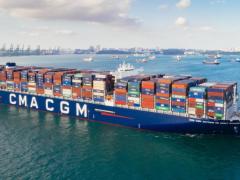MBABANE – The bill has arrived for this winter’s social uprisings in Eswatini, and the damage has helped stall post-Covid economy recovery. Factoring in the effects of unrest in neighbouring KwaZulu Natal, the loss to the economy is estimated by the Ministry of Economic Planning and Development to be R1.216 billion. Challenges faced by the transportation sector, from unavailability of drivers to vandalised vehicles, both added to that sector’s declining performance this year and contributed to the overall economic slump.
“Domestic economic activity saw a strong recovery in the first half of 2021 in line with global economic developments, affirming a better outlook for the year relative to 2020. However, recent developments relating to the social unrest witnessed in the domestic economy and neighbouring economies have watered down the positive prospects. A projected recovery of 3.3% economic growth in 2021 has been revised down to 1.4% due to the June 2021 disruptions,” said Dr Tambo Gina, minister of economic planning and development, in a statement.
The manufacturing sector’s poor performance was the main driver of the 2020 recession, which Gina described as “historic.” After years of lacklustre but positive growth in the one-percentile range, 2020 saw a contraction of 1.9% in economic activity. A lack of external demand was blamed for the decline, but contributing also were supply-chain disruptions that reflected the chaos in the transportation sector. 2020 agricultural harvests were poor due to weather conditions. Weather improved for the 2021 cropping season, but recovery in the agriculture sector and the overall economy was hampered by political protests that led to a nationwide shutdown. Government did not declare a state of emergency in response to the most extensive rioting ever experienced in the country, but did impose state-of-emergency measures. Police and army personnel were ubiquitous as people were ordered to stay home. Curfew regulations imposed are still in force in some areas.
Road freight’s inability to overcome or compensate for obstacles like rioting, police roadblocks, spot fuel shortages and the continuing effects of Covid-19 on drivers’ performance caused a ripple effect on the economy, particularly in the energy sector.
“Retail stores struggled to fill shelves. Industries struggled to obtain inputs. Government noted that disruptions in the Internet negatively impacted the economy. However, it was the government that ordered the Internet shutdowns in June and July, and more recently in October. The effect on potential foreign direct investment in Eswatini is noticeable,” Themba Simelane, an investment broker in Manzini with a background at the Central Bank of Eswatini, told Freight News.
“It’s not so much that investors are afraid of more social unrest. It’s that the political situation in Eswatini seems so irresolute,” Simelane said.
Government launched an economic recovery plan last year to assist businesses harmed by the Covid pandemic, and added to the fund in the wake of the destruction of businesses from political violence. Road freight companies contacted by Freight News, who asked not to be identified, said they had not benefited from the fund.
This past week South African President Cyril Ramaphosa, in his capacity as chairman of the Southern African Development Community, sent his former minister Jeff Redebe to Eswatini to meet with the government. Pro-democracy groups have dismissed SADC’s Eswatini overtures as inadequate. An ally of the local political reform groups, Economic Freedom Front President Julius Malema, has vowed to mount blockades of South Africa’s borders with Eswatini. Such blockades have become routine in recent years, have lasted only a few hours per attempt, and have had no economic impact. However, Malema has vowed to mount extended shutdowns.


